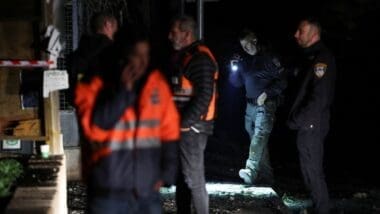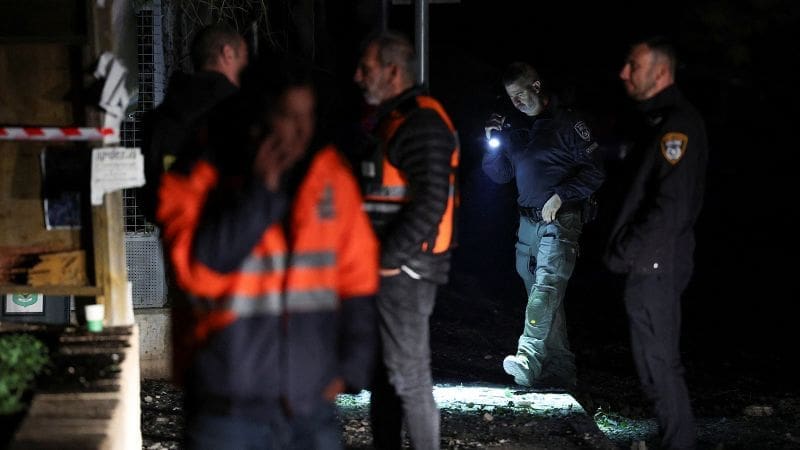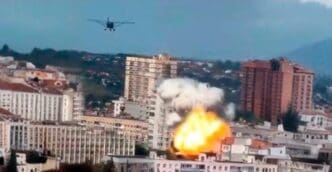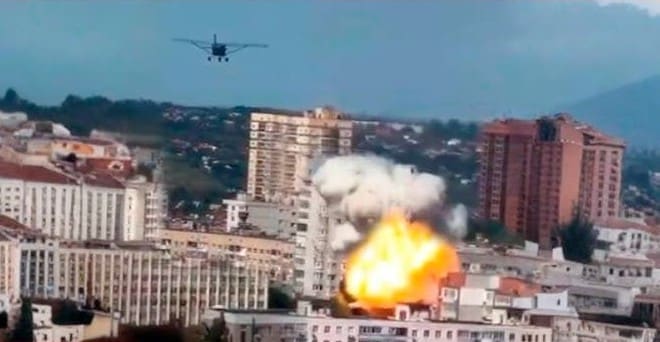In a swift military response, Israel conducted airstrikes on Houthi-controlled areas in Yemen Thursday morning. This action follows the latest in a series of missile and drone attacks directed at Israel by the Houthi group.
The airstrikes focused on strategic locations, including a port and an oil facility near Yemen’s capital, Sanaa. According to Nasruddin Amer, deputy head of the Houthi media office, nine individuals lost their lives, and three sustained injuries from these assaults. Amer communicated these details in a post on X, a prominent social media platform.
Further reports from the Houthi-run Al-Masirah TV highlighted that the strikes targeted key infrastructure sites, particularly the Heyzaz and Dhahban power stations near the capital, as well as the Hodeidah port and Ras Isa oil facility. The Israeli military justified these measures as retaliation for sustained Houthi missile and drone attacks over the past year, most of which Israel successfully intercepted.
Israeli Defense Minister Israel Katz issued a stark warning to the Houthi leadership, asserting, “Israel’s long hand will reach you as well. Whoever raises a hand against the State of Israel – his hand will be cut off, whoever harms us – will be harmed sevenfold.” This underscores the heightened state of alert and the seriousness with which Israel regards these attacks.
Tensions have been mounting for several months between Israel and the Houthis, particularly in the context of Israel’s ongoing conflict with Hamas in Gaza. The interconnection of these conflicts has drawn global concern about the potential for increased instability in the Middle East.
Earlier on Thursday, sirens echoed across central Israel as the military intercepted a missile from Yemen. The timing of these sirens aligns with the statements from the Israel Defense Forces (IDF), reinforcing the immediacy of the threat that prompted the subsequent strikes.
Despite the damage in Israel, evidenced by visuals shared by Nasruddin Amer, the Houthis did not officially claim responsibility for the attack. However, the group has been vocal about its intentions to continue targeting Israel and its allies in response to Israel’s military actions in Gaza. These actions have resulted in significant casualties, with reports of over 45,000 Palestinians having been killed in the conflict.
The Houthis’ stance is clear: they demand a ceasefire in the Palestinian enclave as a condition to halt their offensive actions. Their attacks have not been limited to missile launches; in July, they executed a notable drone assault on Tel Aviv, marking their first strike on the city. Following that, Israeli forces retaliated with airstrikes on Yemeni ports, escalating the situation.
This month’s continued attacks, including a missile firing deep into Israeli territory and a drone reported to have hit a central building, have not resulted in further injuries but have kept tensions high. Furthermore, Israel’s ally, the United States, has also engaged militarily with Houthi targets, carrying out several strikes in Yemen throughout the past year, notably increasing action in November.
The exchange of strikes between Israel and the Houthis marks a significant escalation in an already volatile region. The current situation underscores the fragile nature of Middle East geopolitics, where a single event can rapidly spiral into wider conflict. The international community watches closely, with concerns that these tensions might ignite further instability.













